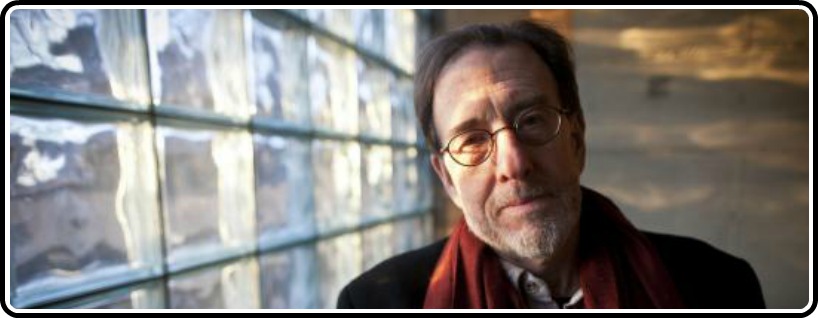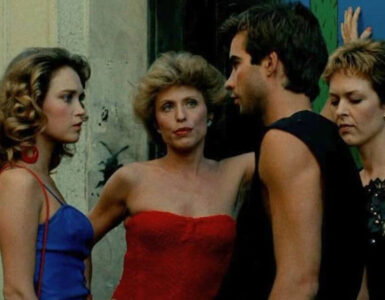In the English language, the idea of a ‘photographic memory’ means a few things. Scientifically? An eidetic memory means that a given person has the ability to perfectly recall anything pertaining to a given subject, moment in time, etc. Conceptually, it means that you can remember anything as if it were as real and palpable as a picture.
However, when pertaining to the title of the new documentary from filmmaker Ross McElwee, it means an entirely different set of ideals. The documentary, entitled Photographic Memory, follows McElwee, who after quarreling routinely with his young teenaged son, decides to head back to the roots of his youth. When he was younger, he spent much time in Brittany, in the village of St. Quay-Portrieux, where he became the protégé of a photographer named Maurice. On the hunt for his former artistic master, he not only looks back at his past physically in returning to the land he once called home, but also intellectually, hoping to find some common ground with his son, a boy growing up to be a man in a world where anything and everything is put out into the ether.
In a year where the debate between digital and film has begun to rage, this film spends much of its runtime musing upon that conceptual debate. Not necessarily that solely, the digital/analog debate, but the idea of ‘old school’ versus ‘new school,’ turning the film itself into a meditation on time and its passing.
Stepping in front of the camera, McElwee is the film’s brightest star. Inherently the film’s auteur, his relationship with his son is palpable and for any parent of this age group, immensely relatable. They routinely butt heads, but they aren’t without their love and mutual respect. His son, Adrian, is a drug-smoking entrepreneur with an appreciation for extreme sports and sexual intercourse. Entirely the polar opposite of his father currently, we learn throughout the film that while the pair may not know it, but they are more than related by their blood. They are related through experiences, just in different ways.
Visually, the film is rather subdued. Far from the inventive documentaries of his contemporaries, or even of the hyper-personal documentaries that 2012 has given us (see: Walk Away Renee), the film is simply a man looking to reconnect with his son by trying to find a way to deeply relate to his son. And the style doesn’t strive for much more. However, in the film’s muted aesthetic comes an inherently universality that makes this a deeply rich meditation on the passing of time. It’s not a groundbreaking bit of non-fiction filmmaking, but as a piece of familial history, this is as interesting a look into the life of a father and a son as you’ll find.
Overall, while the film doesn’t offer up much in the way of theatrics, especially those that have made this generation of documentarians famous, it more than makes up for it in rich emotion and deep themes. A moving look at aging and the widening generation gap between the analog and digital generations, Photographic Memory is a documentary that is truly something special.






![Bergman Island (The Criterion Collection) [Blu-ray]](https://criterioncast.com/wp-content/uploads/2022/11/bergman-island-the-criterion-collection-blu-ray-400x496.jpg)
![This Is Not a Burial, It’s a Resurrection (The Criterion Collection) [Blu-ray]](https://criterioncast.com/wp-content/uploads/2022/11/this-is-not-a-burial-its-a-resurrection-the-criterion-collection-blu-ray-400x496.jpg)
![Lars von Trier's Europe Trilogy (The Criterion Collection) [The Element of Crime/Epidemic/Europa] [Blu-ray]](https://criterioncast.com/wp-content/uploads/2022/11/lars-von-triers-europe-trilogy-the-criterion-collection-the-element-of-400x496.jpg)
![Imitation of Life (The Criterion Collection) [Blu-ray]](https://criterioncast.com/wp-content/uploads/2022/11/imitation-of-life-the-criterion-collection-blu-ray-400x496.jpg)
![The Adventures of Baron Munchausen (The Criterion Collection) [4K UHD]](https://criterioncast.com/wp-content/uploads/2022/11/the-adventures-of-baron-munchausen-the-criterion-collection-4k-uhd-400x496.jpg)
![Cooley High [Criterion Collection] [Blu-ray] [1975]](https://criterioncast.com/wp-content/uploads/2022/11/cooley-high-criterion-collection-blu-ray-1975-400x496.jpg)